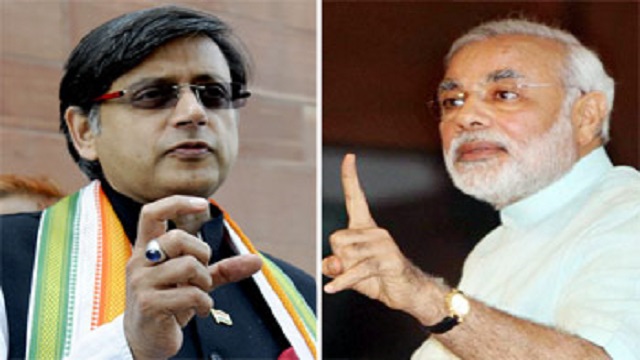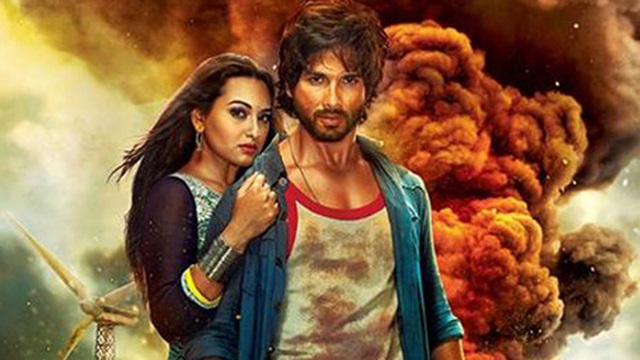Other parties and their leaders are misreading Modi. The media is making a fool of itself thinking that the anti-Modi wave is on a rise.
History is replete of stories where awakened men either had to face death, punishment or simple cold shoulders. Gujarat Chief Minister has started falling in the same line. His critiques never cease to drag him into dark light at the slightest opportunity.
Recent in the line is Congress leader and union minister Shashi Tharoor. He drew flak from recent statement made my Modi while answering questions by students at a Teacher’s Day function which had stirred media across the nation.
Modi had said, “Those who dream of becoming something end up destroying themselves. One should not dream of becoming something, but one should dream of doing something. I never see such dreams (of becoming prime minister), nor am I going to see such dreams. People of Gujarat have given me the mandate to serve them till 2017 and I have to do this with full strength.”
During an informal chat with journalists in Indore, Tharoor reportedly said, “It’s also my dream that Modi should never become prime minister. In a sense, my dream and his dream are the same”.
While BJP maintained that the statement was a dig at those who have been opposing official announcement of his prime ministerial candidature, other parties including Congress and media misread it as Modi’s unwillingness to leave Gujarat before 2017 to become PM.
What is interesting to note is the enthusiasm shown by media which leaves no stone unturned when it comes to throwing mud at him. And mostly because of that we cannot be certain that Tharoor actually meant what he said. The character of selective reading has gone deep in media.
Just a day ago, various newspapers and websites reported Goa CM Manohar Parrikar speaking against Modi. The stories of Parrikar slamming Modi for 2002 riots in an interview given to The New York Times were proving to be hot cakes. But the actual situation spoe about something else.
In his column in one of the news portals, R Jagannathan too accused media of being willfully blind on the issue. He wrote, “This part of his statement was, in fact, a tiny portion of the interview and it reads: ‘It (2002) should not have happened, the administration should have clamped down on any violence, [If I were in his place] I would have ensured…but Modi was new to the job as chief minister. It was a blot on Modi’s career…’.”
He further says that the misreading of Parrikar’s argumental thrust shows how vulnerable we are to our own biases.
In his column, Jagannathan quotes Parrikar from his interview saying: “Administrative failure does not mean everything is blamed on one man, Narendra Modi. What happened then was unfortunate, but that does not require his apology, it requires his correction and he has done that. There were many reasons why people lost control in 2002 after the dead bodies (of Hindu pilgrims from an earlier attack)] were shown on TV.”
One cannot deny the logic when he says that that the only people whose views count are those of the BJP state chief minister who worry not about Modi’s prime ministerial ambitions, but his early projection, which will then reduce their own stature in their poll-bound states. Undoubtedly, paradigm of local battles are different from national ones.
The media is actually making a fool of itself thinking that the anti-Modi wave is on a rise.
Needless to say, it will only a matter of time when all the dreams come true; although whose will be interesting to see.





